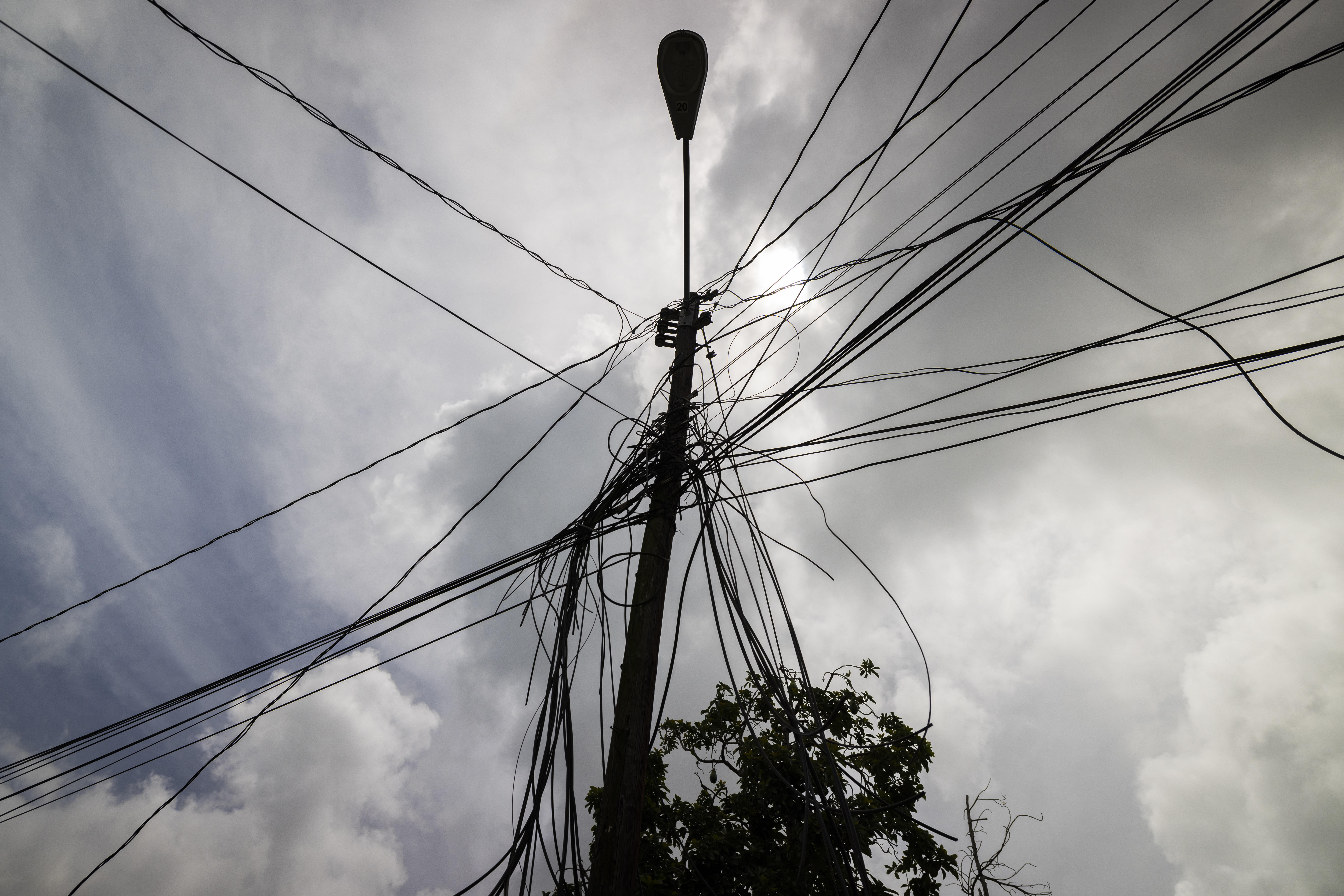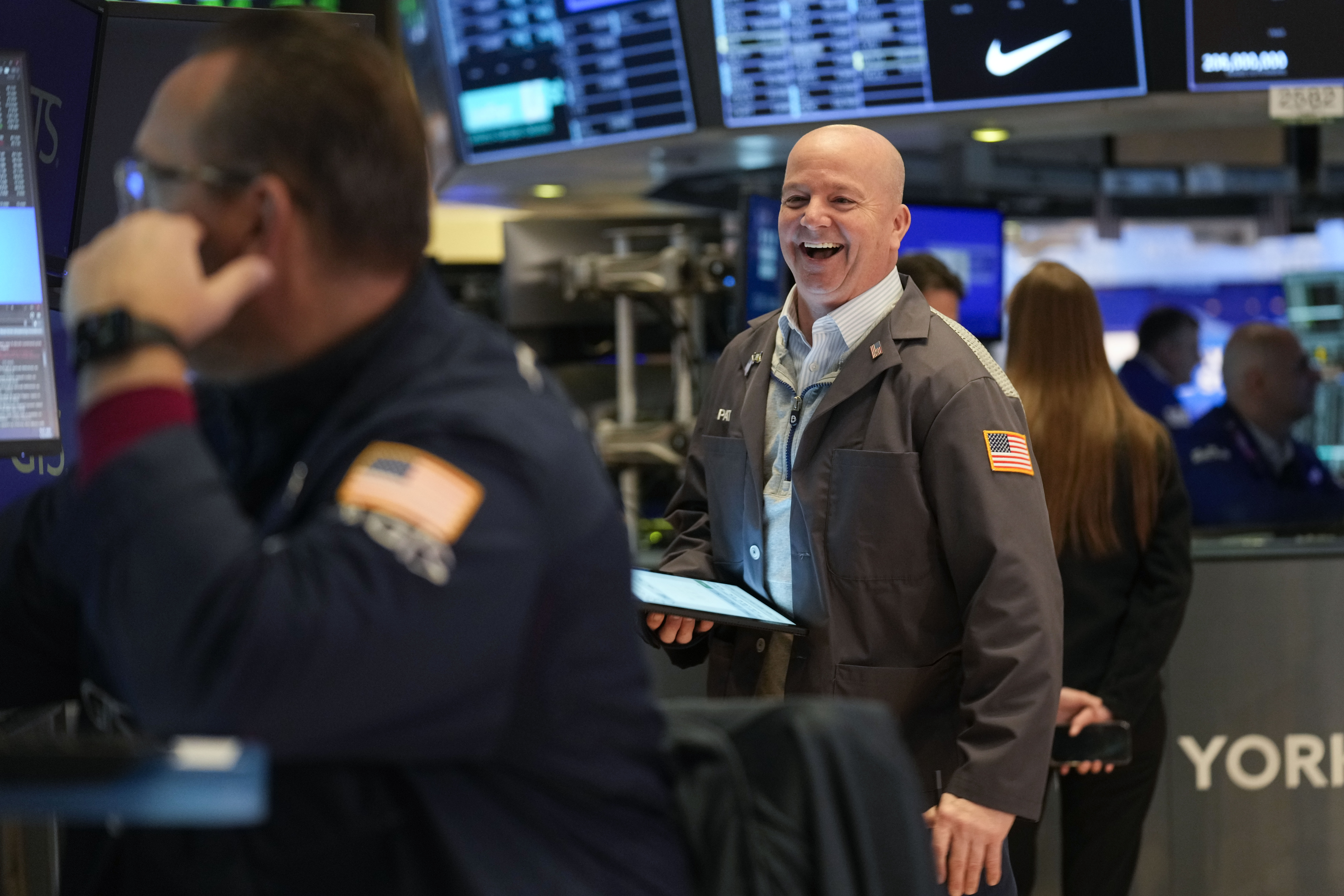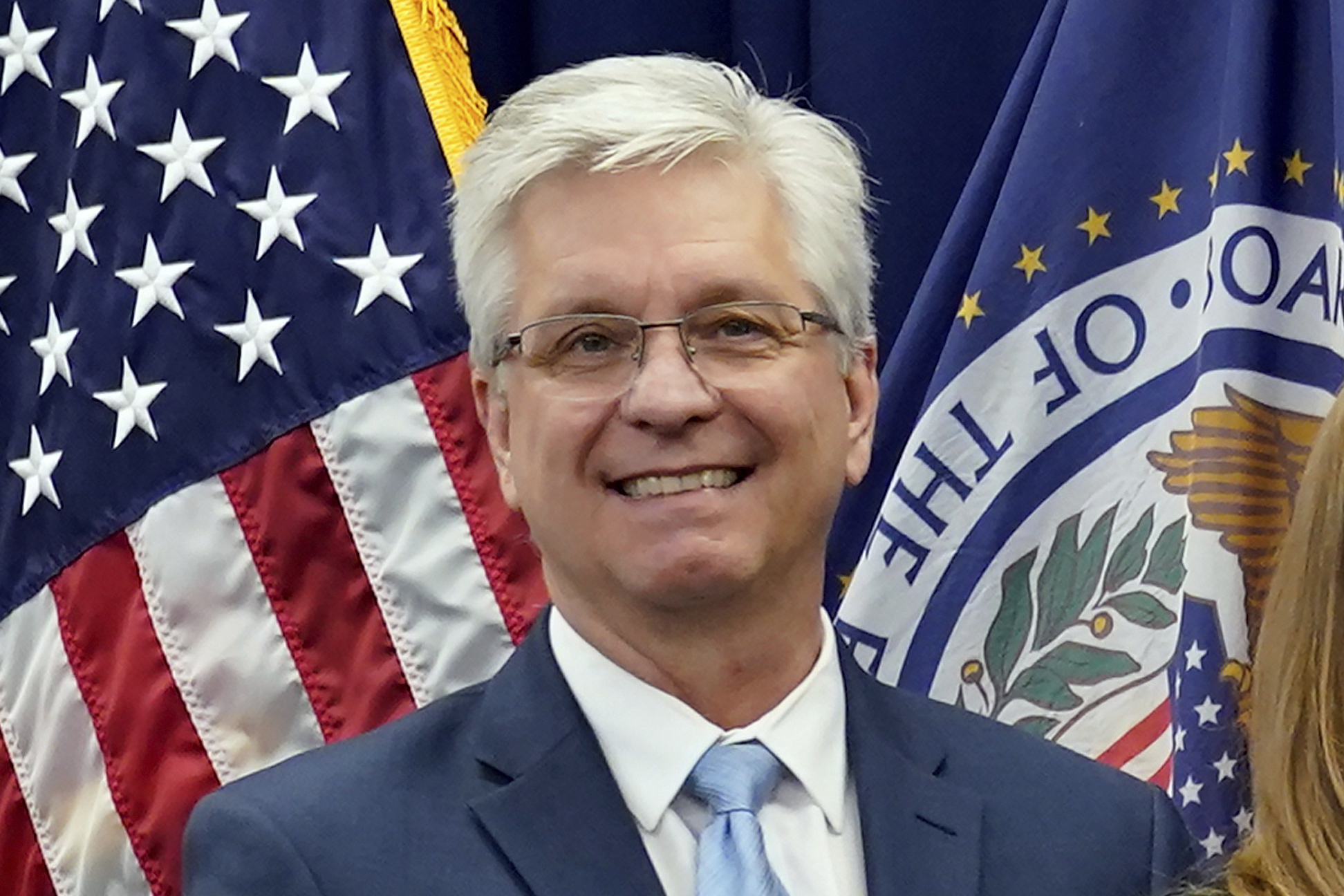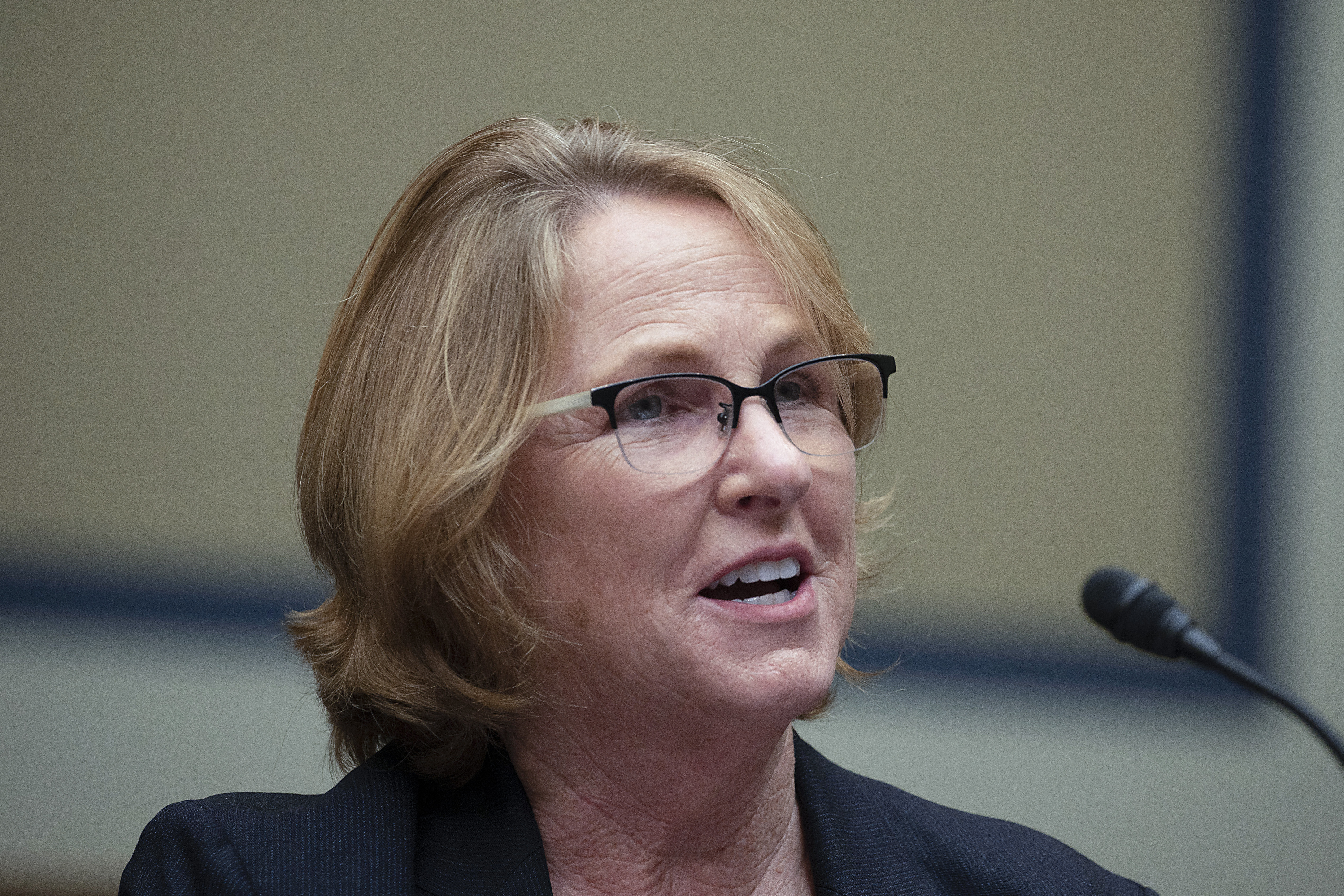PORTSMOUTH, Va. (WAVY) – Adapt and overcome. It’s part of the Marine Corps slogan, and a Marine veteran in Chesapeake has taken those words to heart.
Retired Major Chris Mulholland has a debilitating disease that he refuses to let stand in his way. His message to other veterans is that their next battle could be with an enemy from within.
Mulholland was retired by age 60, but he hadn’t exactly slowed down. He was still running marathons and able to bench press 300 pounds. Then, two years ago, at age 62 he noticed something was off.
“I was still lifting weights and noticed I was having more difficulty than I should have,” he said. “My wife thought I was day drinking because I was slurring my words.”
The diagnosis: Amyotrophic Lateral Sclerosis, or ALS.
The Mayo Clinic describes ALS as a progressive nervous system disease that negatively impacts nerve cells, leading to impaired movement.
“Eventually, ALS affects control of the muscles needed to move, speak, eat and breathe. There is no cure for this fatal disease,” according to the clinic.
We know it better as Lou Gehrig’s disease, but it’s also Chris Mulholland’s disease.
“I immediately began reading about ALS and was stunned to read that veterans were twice as likely to contract it as civilians,” Mulholland said.
After spending 20 years in the Corps, including tours in Lebanon following the barracks bombing, as well as Iraq, he geared up for a whole new kind of mission. Mulholland became active in the VFW, the ALS Association, and the Paralyzed Veterans Association. He also wrote articles for the Military Times about the link between post-9/11 vets and the disease.
“I was extremely pleased that I was able to have the VFW acknowledge and support veterans battling ALS at our recent national convention,” he said.
He also had a hand in one of the biggest political wins for those suffering from ALS. Late last year, President Biden signed the Accelerating Access to Critical Therapies for ALS Act which boosted funding for research into cures for ALS and similar diseases. It also did away with some of the institutional red tape in research and development, giving patients earlier access to experimental medicines.
In the meantime, Mulholland refuses to let the ravages of ALS define him. Once a Marine, always a Marine.
“The person I was, I still am. So I will continue this fight until my dying breath,” he said.
The ALS Society says the actual link between military service and ALS has yet to be determined and remains a focus of research.
The Department of Veterans Affairs considers ALS to be a “Presumptive Condition” – meaning it was caused by military service and qualifies for health benefits.
Once a veteran gets a diagnosis, life expectancy runs from two to five years on average.

























